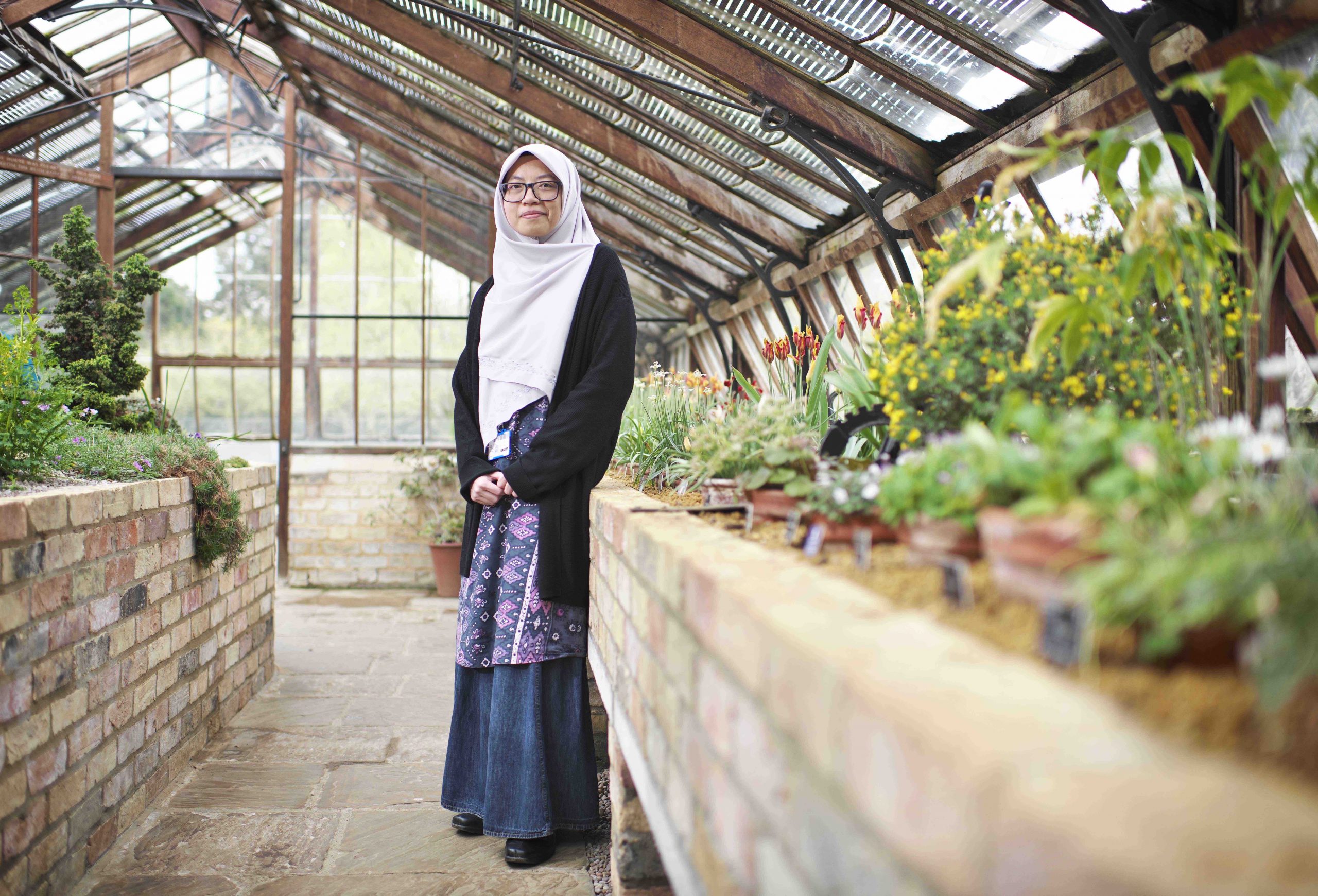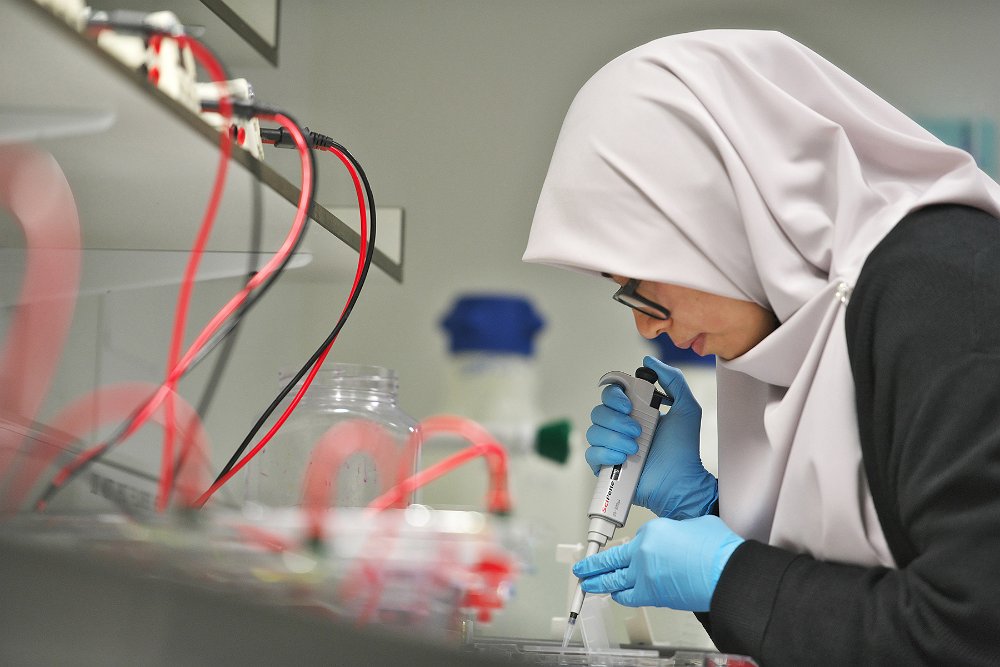Connections. It’s a word that comes up frequently in conversation with Nadia Radzman.
The Postdoctoral Researcher at the Sainsbury Laboratory, within the School of Biological Sciences, says these invaluable discussions have changed her life and led her to participate in this year’s implulse programme at the Maxwell Centre.
“I thought my job as a scientist was only in the lab; I thought entrepreneurs were born.” she explains, eyes sparkling at the memory of her revelation.
“Talking to the different people in Cambridge made me realise that science, specifically plant biology, should not just be contained in the lab but can be translated into something that is bigger and more impactful, that can change the lives of farmers, making other people’s lives way better with a more sustainable way of living.”

These conversations began soon after she started at the university in 2018, following on from studies in Australia and the Netherlands and became the connections which took her into the completely new world of commercialisation. One entrepreneurial activity led to another, from the Postdocs 2 Innovators (p2i) module to exploring the Entrepreneurial Postdocs of Cambridge (EPOC) society.
But, like the forgotten African yam bean she was studying, a seed had been sown and her next move, becoming involved with Cambridge Global Food Security saw her belief in the potential of a University spinout properly take root.
Talking to people made me realise there’s this gap that no one is addressing
Dr Nadia Radzman
“It’s an interdisciplinary research centre where a lot of different researchers from across Cambridge come together to improve the food security system globally. So we have economists, people from the Cambridge Judge Business School, from the Department of Plant Sciences, working on the same goal. It’s how we can influence consumer behaviour to take up better, nutritious food and the connection to industry.”

Her determination to explore “this seed of research curiosity” to turn it into something that was more translatable won her funding from Cambridge Africa, which promotes mutually beneficial collaborations and equitable partnerships between the University and Africa.
“You can be both scientist and businesswoman in the right environment, and Cambridge has that,” Nadia concludes.
Support programmes covered:
- Read about the Maxwell Centre’s impulse programme.
- Find out more about the Postdocs to Innovators (p2i) network
- Discover the Entrepreneurial Postdocs of Cambridge (EPOC)
- Learn more about Cambridge Africa funding and programmes